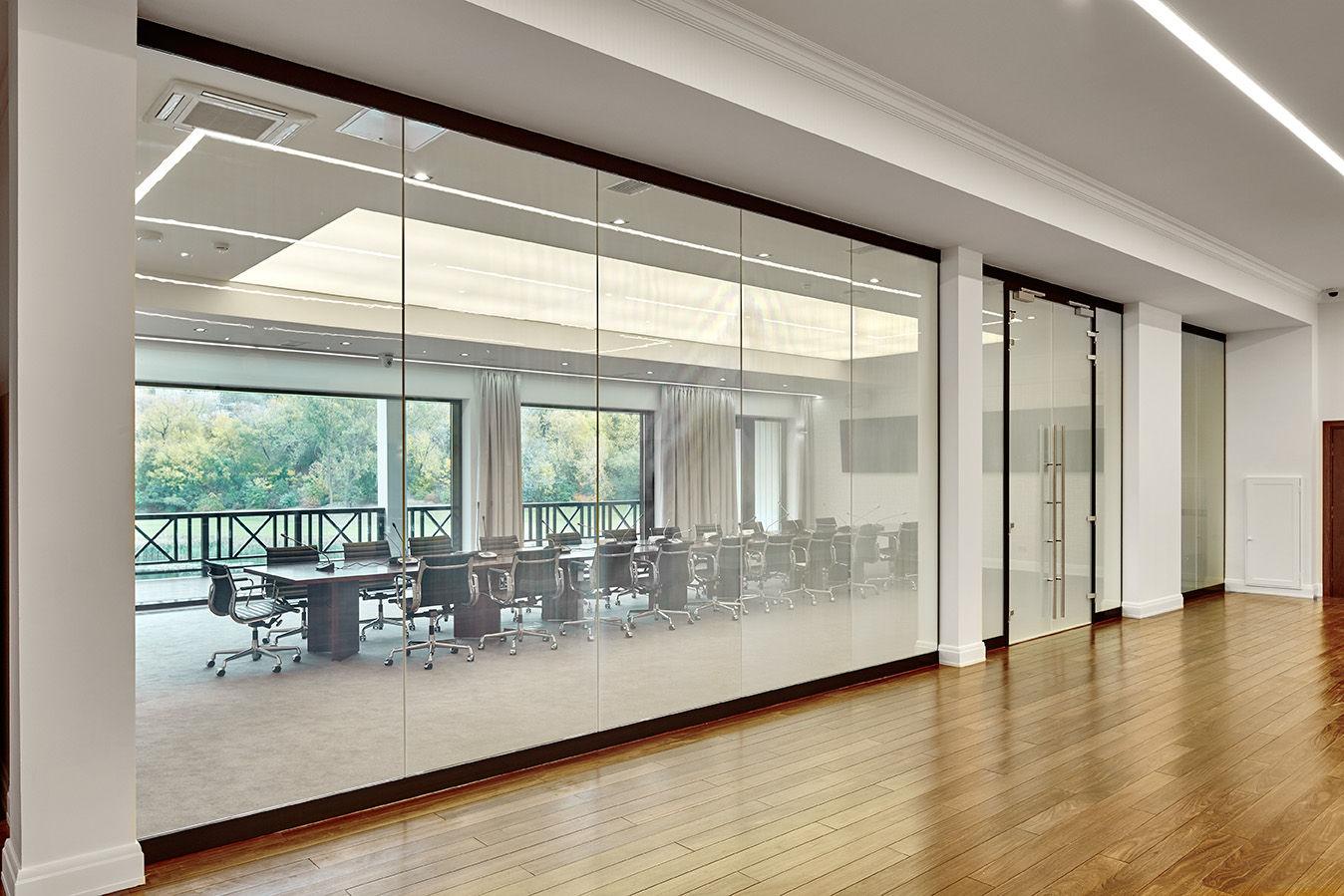Smart Glass Market Applications in Automotive Industry

The Smart Glass Market is witnessing significant traction in the automotive industry, driven by innovations in comfort, safety, and energy efficiency. As modern vehicles evolve into smart machines, automakers are increasingly integrating smart glass technologies to enhance functionality, aesthetics, and user experience. This article explores the expanding role of smart glass in automotive applications, its key benefits, major players, and future prospects.
Introduction to Smart Glass in Automotive
Smart glass, also known as switchable or dynamic glass, can change its light transmission properties based on environmental factors or user control. In vehicles, smart glass applications range from sunroofs and side windows to rearview mirrors and windshields. These applications go beyond luxury and aesthetics—they are functional innovations that improve passenger comfort, privacy, and fuel efficiency.
Key Automotive Applications of Smart Glass
1. Sunroofs and Moonroofs
Electrochromic and SPD (Suspended Particle Device) smart glass is used in panoramic sunroofs to allow occupants to adjust the level of sunlight entering the cabin.
-
Benefits:
-
Reduces glare and UV exposure
-
Enhances thermal comfort
-
Improves fuel efficiency by lowering air conditioning use
-
2. Side and Rear Windows
Smart glass windows offer passengers the ability to switch from clear to tinted modes for privacy or sun protection without manual shades.
-
Popular in: Executive sedans, limousines, and high-end SUVs
3. Windshields
Advanced smart glass in windshields can block harmful UV/IR radiation, reduce heat buildup, and adapt to changing lighting conditions for better visibility.
-
Features may include: Anti-glare, adaptive tinting, and even head-up display (HUD) integration
4. Rearview and Side Mirrors
Liquid crystal smart glass is used to provide auto-dimming mirrors, improving visibility during night driving by reducing glare from trailing vehicles.
-
Common in: Mid to high-end cars across brands
5. Displays and HUD Integration
Some smart glass variants are being developed to serve dual purposes, acting as transparent display screens for navigation and infotainment without obstructing view.
Key Benefits Driving Adoption
1. Improved Passenger Comfort
By adjusting transparency and light entry, smart glass contributes to a more pleasant cabin environment, especially during long drives or in hot climates.
2. Enhanced Safety
Smart glass helps in glare reduction, UV blocking, and even integrating safety alerts through embedded displays, thus improving overall driving experience and reducing eye fatigue.
3. Energy Efficiency
Vehicles equipped with smart glass can better control internal temperature, reducing reliance on HVAC systems and leading to lower fuel or battery consumption in electric vehicles.
4. Modern Aesthetics
Sleek and futuristic appearances offered by smart glass designs enhance a car’s visual appeal, which is important in luxury and premium segments.
Major Automotive Players Using Smart Glass
Several global car manufacturers are investing in smart glass technologies to differentiate their offerings:
-
Mercedes-Benz – Features “Magic Sky Control” in select models using SPD smart glass.
-
BMW – Uses electrochromic glass in panoramic roofs and interior partitions in luxury variants.
-
Tesla – Incorporates solar and thermal blocking technologies in its models.
-
Toyota and Lexus – Exploring smart glass for concept and hybrid vehicles.
-
Hyundai and Kia – Implementing smart glass for futuristic user interface integration.
Challenges in Automotive Smart Glass Adoption
Despite its benefits, the Smart Glass Market faces hurdles in the automotive sector:
-
High Cost of Production: Technologies like SPD and electrochromic glass are expensive, limiting mass adoption to luxury models.
-
Durability and Maintenance: Smart glass must withstand vibrations, temperature variations, and prolonged exposure to sunlight—this raises questions about long-term performance.
-
Regulatory Compliance: Automakers must ensure that smart glass meets vehicle safety standards and regulations in each market.
-
Limited Awareness: Many consumers are not fully aware of the advantages of smart glass, affecting demand in mid-tier segments.
Future Outlook and Opportunities
The future of smart glass in the automotive industry is promising:
-
Electric Vehicles (EVs): As EVs prioritize energy efficiency and innovation, smart glass will become an essential component of sustainable vehicle design.
-
Autonomous Vehicles: Smart glass can serve as an interactive display surface, contributing to infotainment and passenger interaction in driverless cars.
-
Integration with AI and IoT: Vehicles will increasingly use sensors and AI to adjust smart glass automatically based on lighting and weather conditions.
Conclusion
The Smart Glass Market in the automotive industry is evolving rapidly, shaped by the demand for comfort, innovation, and energy efficiency. From enhancing passenger experience to aligning with sustainability goals, smart glass offers immense value to automakers and consumers alike. As production costs decline and awareness increases, smart glass will become a more common feature—not just in luxury cars but across various vehicle segments worldwide.
- Art
- Causes
- Crafts
- Dance
- Drinks
- Film
- Fitness
- Food
- Games
- Gardening
- Health
- Home
- Literature
- Music
- Networking
- Other
- Party
- Religion
- Shopping
- Sports
- Theater
- Wellness


